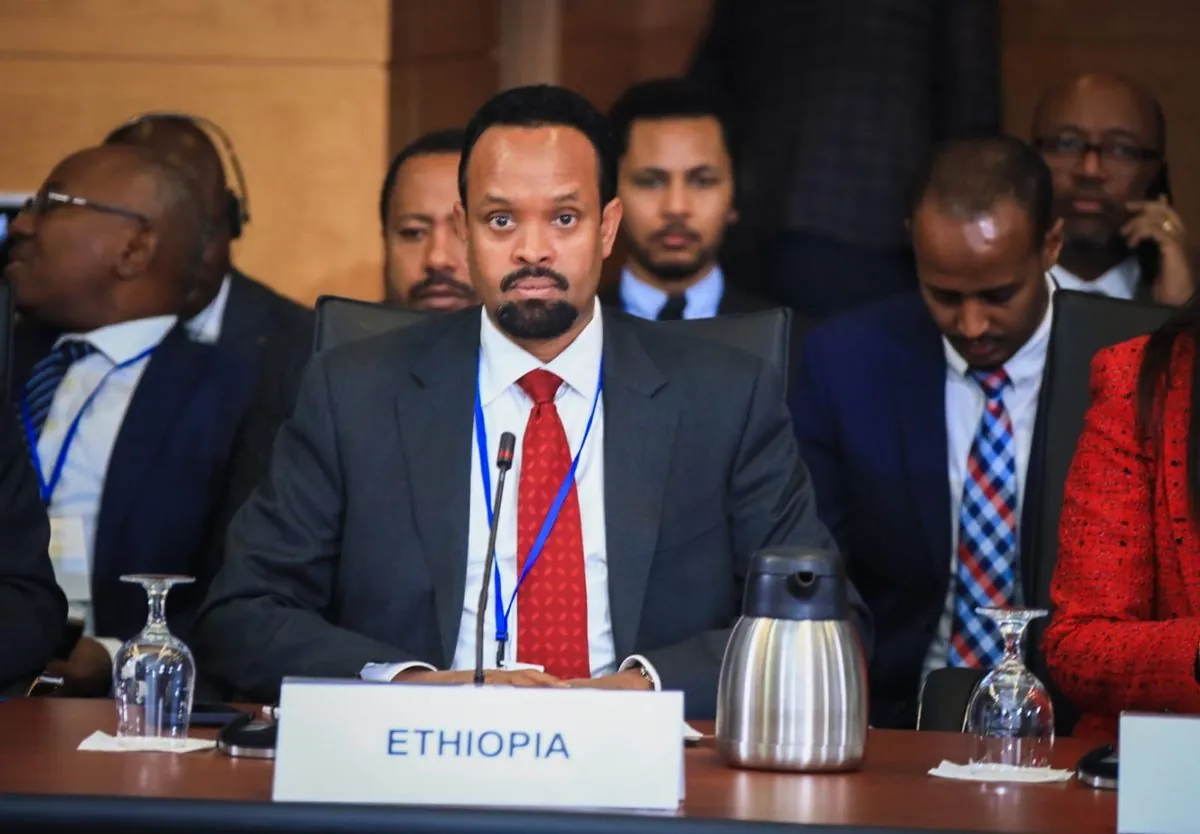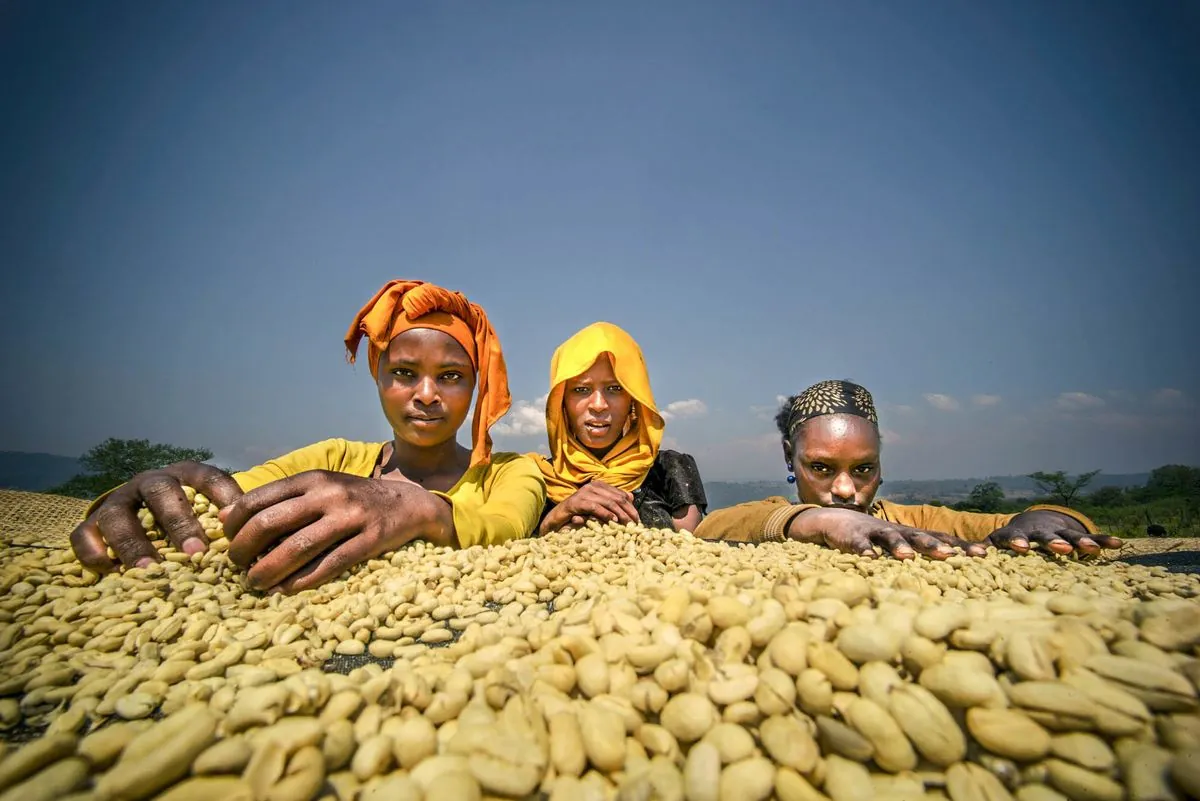IMF and Ethiopia Agree on Economic Policies for $3.4 Billion Loan Review
IMF staff and Ethiopia reach agreement on economic policies for a $3.4 billion loan review. Successful implementation of reforms aims to strengthen macroeconomic stability and support sustainable growth.

The International Monetary Fund (IMF) and Ethiopia have reached an agreement on economic policies, marking a significant step in the review of a four-year $3.4 billion loan arrangement. This development, announced on September 27, 2024, could potentially provide Ethiopia with access to approximately $345 million in financing, pending formal approval by the IMF's Executive Board.
Ethiopia, the second-most populous nation in Africa, has been implementing a series of economic reforms, including the adoption of a floating exchange rate. The IMF reports that these efforts are progressing well, reflecting the country's commitment to economic transformation. This reform program is crucial for Ethiopia, which has been grappling with high inflation and persistent foreign currency shortages.
"Successful implementation of reforms will help strengthen Ethiopia's macroeconomic stability, improve foreign exchange availability, and support sustainable economic growth."
The agreement comes at a critical time for Ethiopia's economy. The country, known for its rapidly growing economy and large-scale infrastructure projects, has faced significant challenges in recent years. At the end of 2023, Ethiopia became the third African economy in as many years to default on its debt, highlighting the urgent need for economic restructuring.

Despite these challenges, Ethiopia has been making strides in various sectors. As a major coffee exporter, the country has been working to diversify its economy and attract foreign investment in manufacturing. The government has been developing industrial parks and improving transportation infrastructure to boost economic growth and create employment opportunities for its young population, with a median age of 19.5 years.
Ethiopia's economic reform program, supported by the IMF, aligns with the country's broader development goals. The nation has been implementing a Climate-Resilient Green Economy strategy, focusing on sustainable development while addressing environmental concerns. This approach is particularly important given Ethiopia's vulnerability to drought and food security issues.
The IMF's support is expected to play a crucial role in Ethiopia's efforts to stabilize its macroeconomic situation and foster sustainable growth. As the country continues to navigate its economic challenges, the successful implementation of these reforms could serve as a model for other developing nations facing similar issues.
As Ethiopia moves forward with its economic transformation, the international community will be watching closely. The country's progress in implementing market-oriented reforms, improving its education system, and attracting foreign investment will be key factors in determining its long-term economic success and stability in the Horn of Africa region.


































